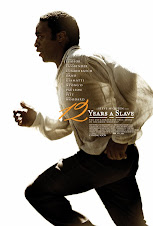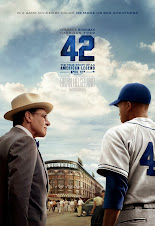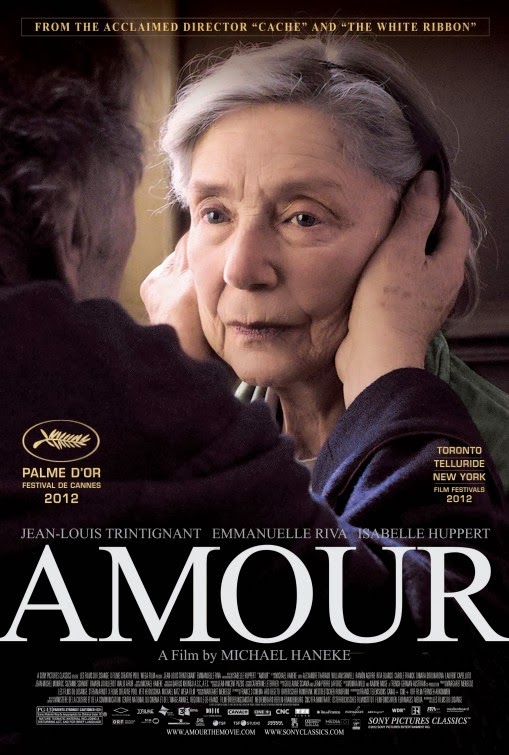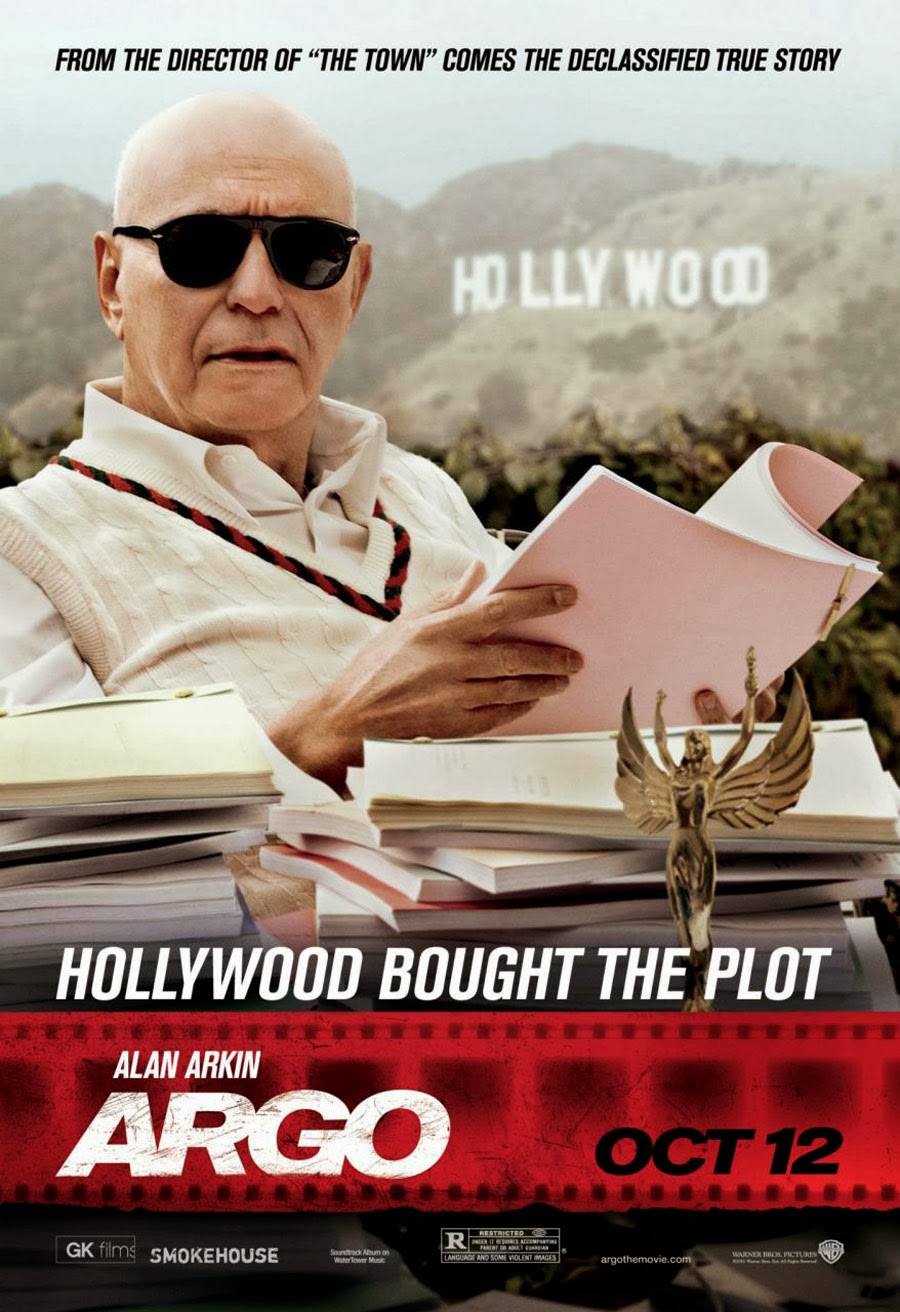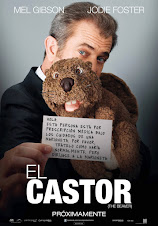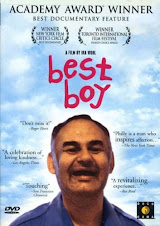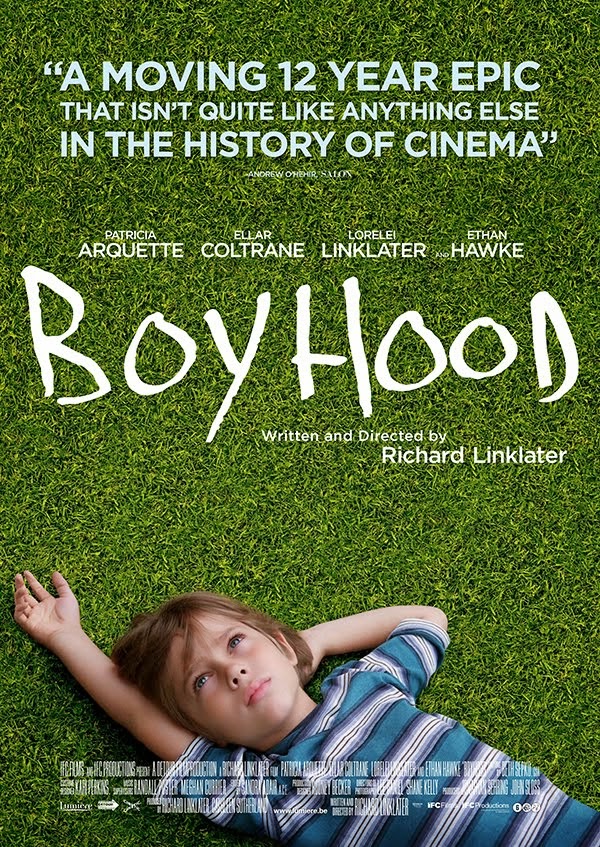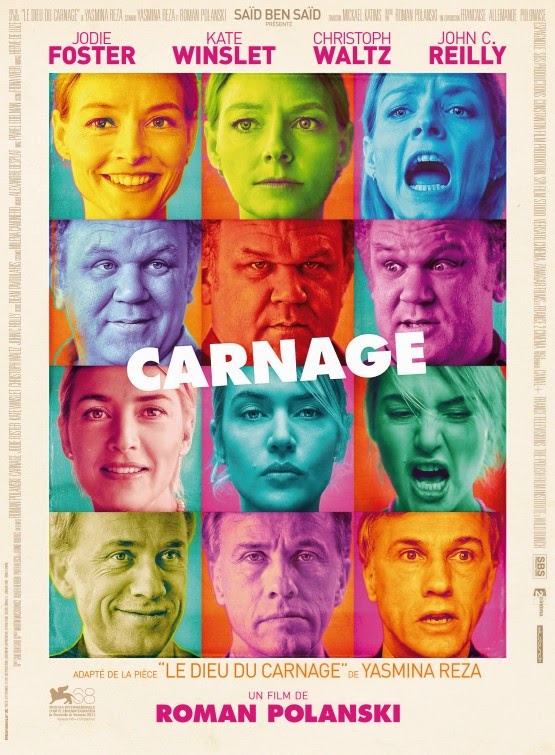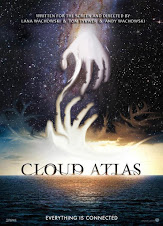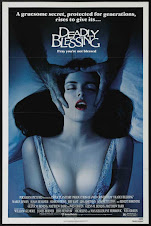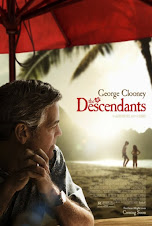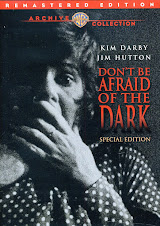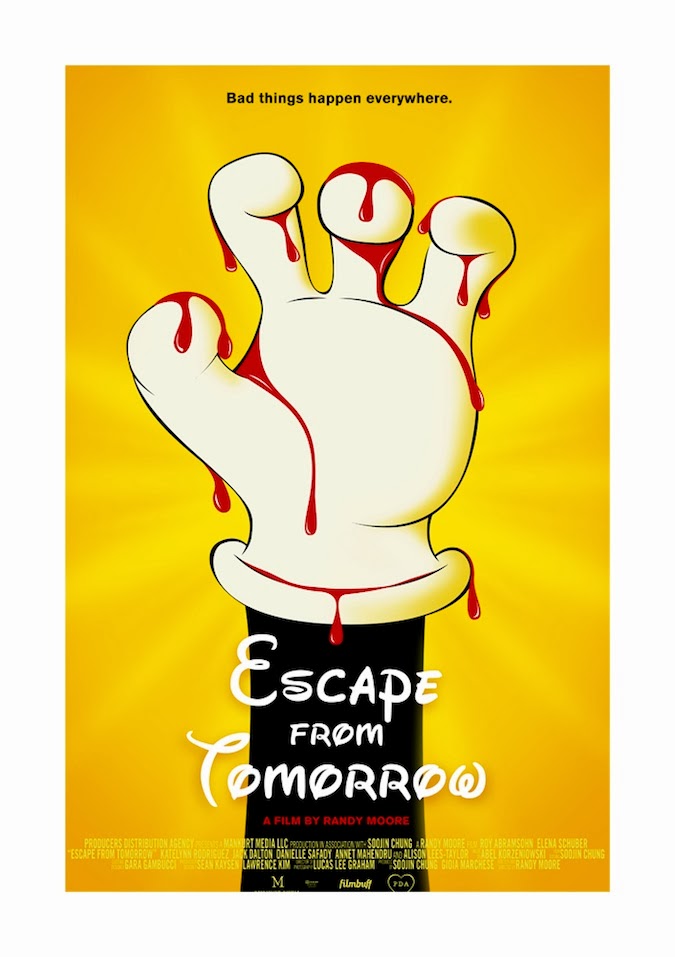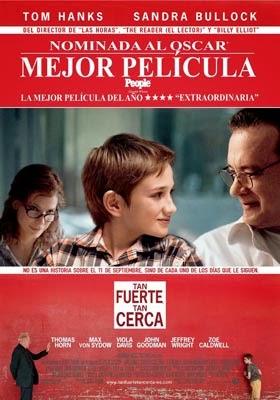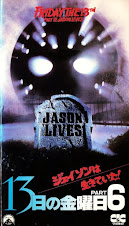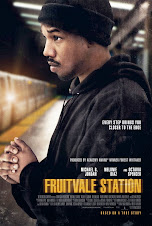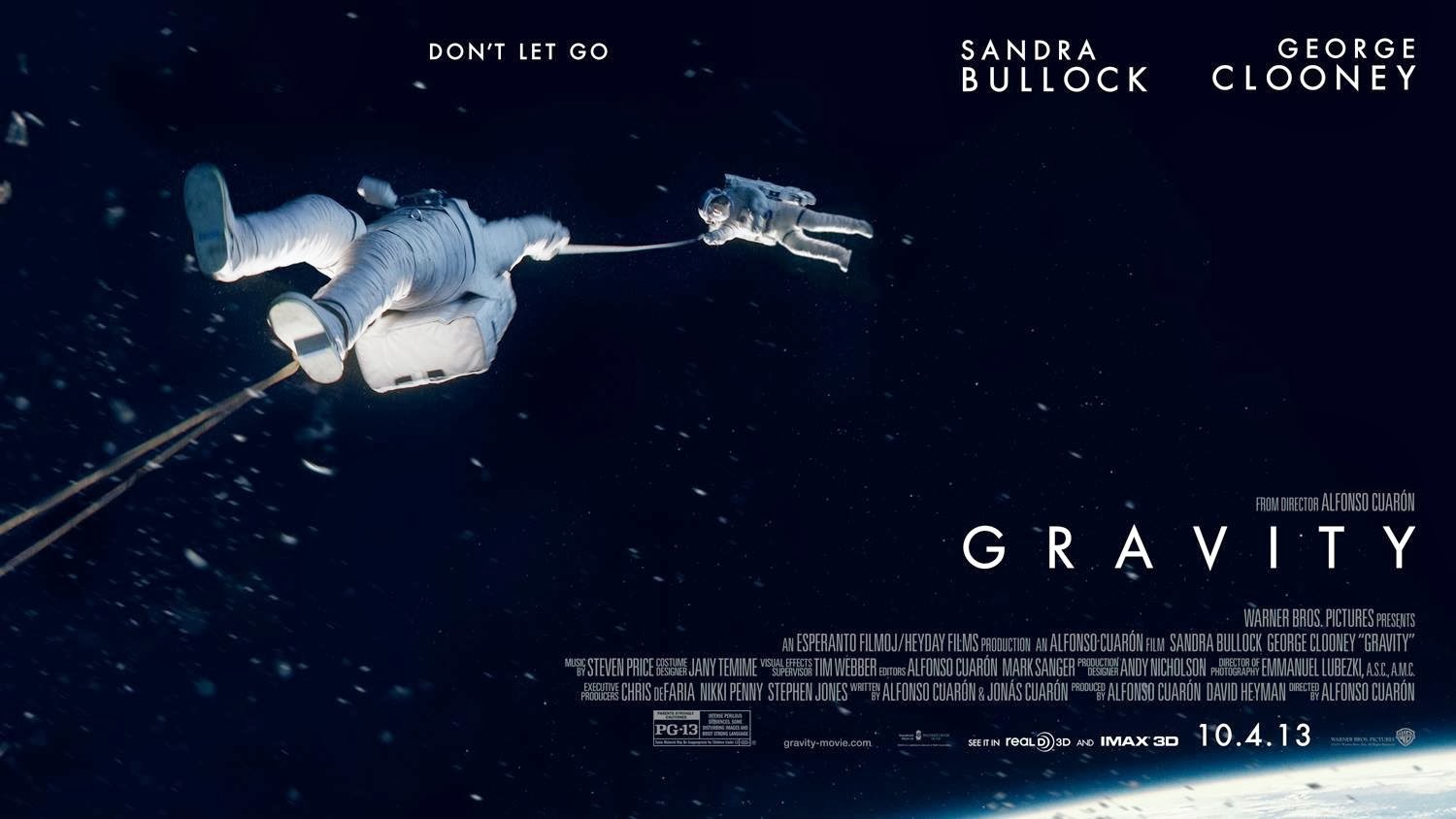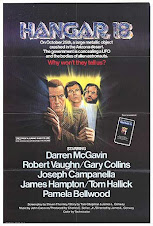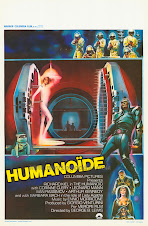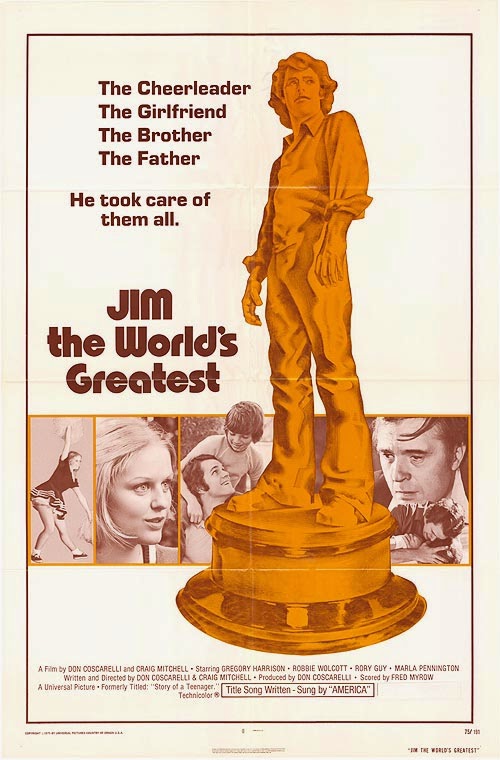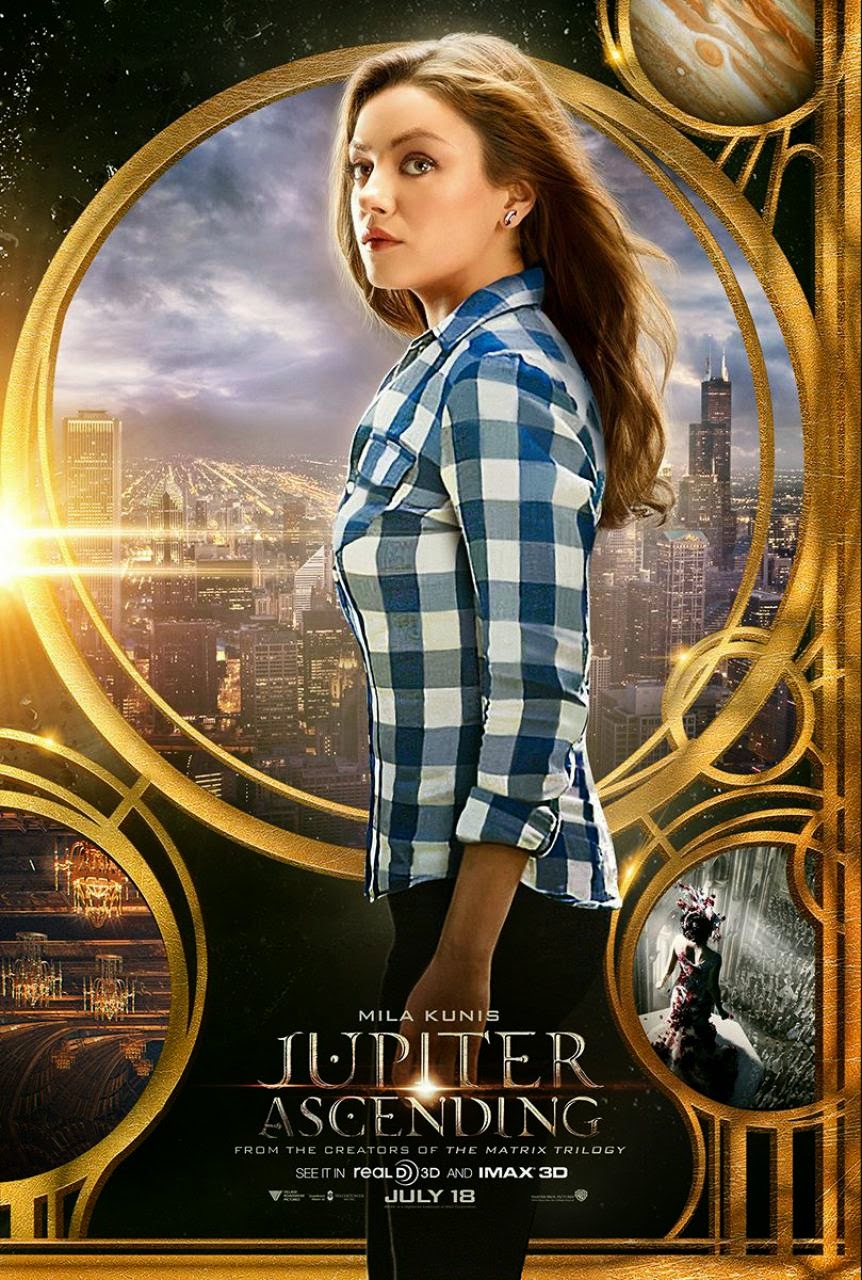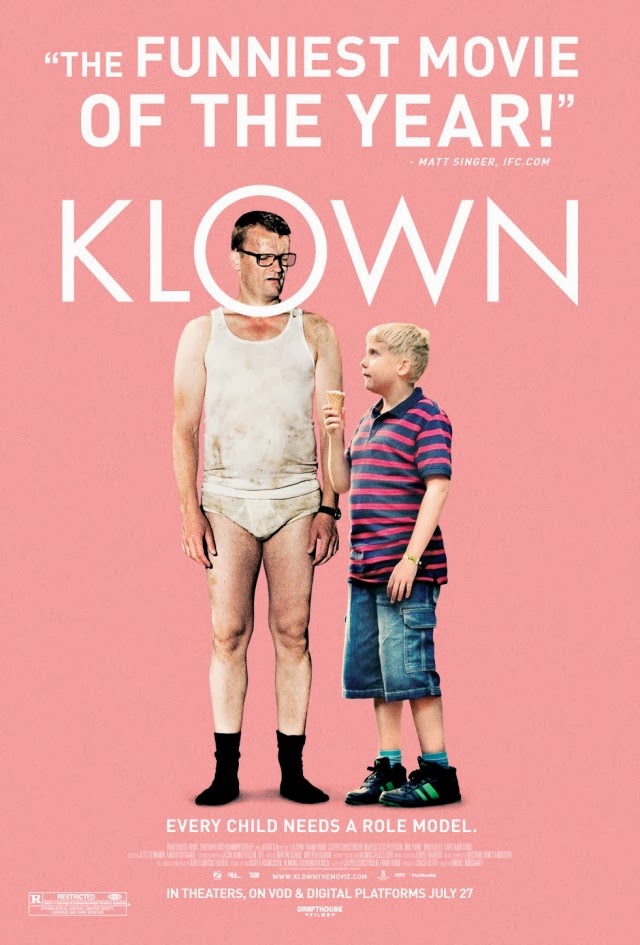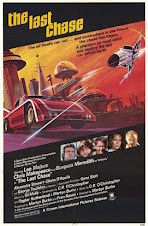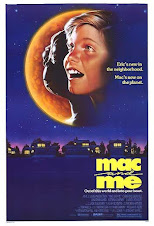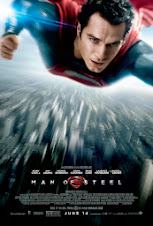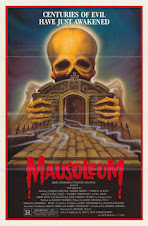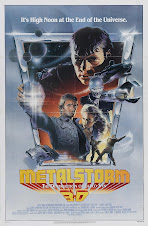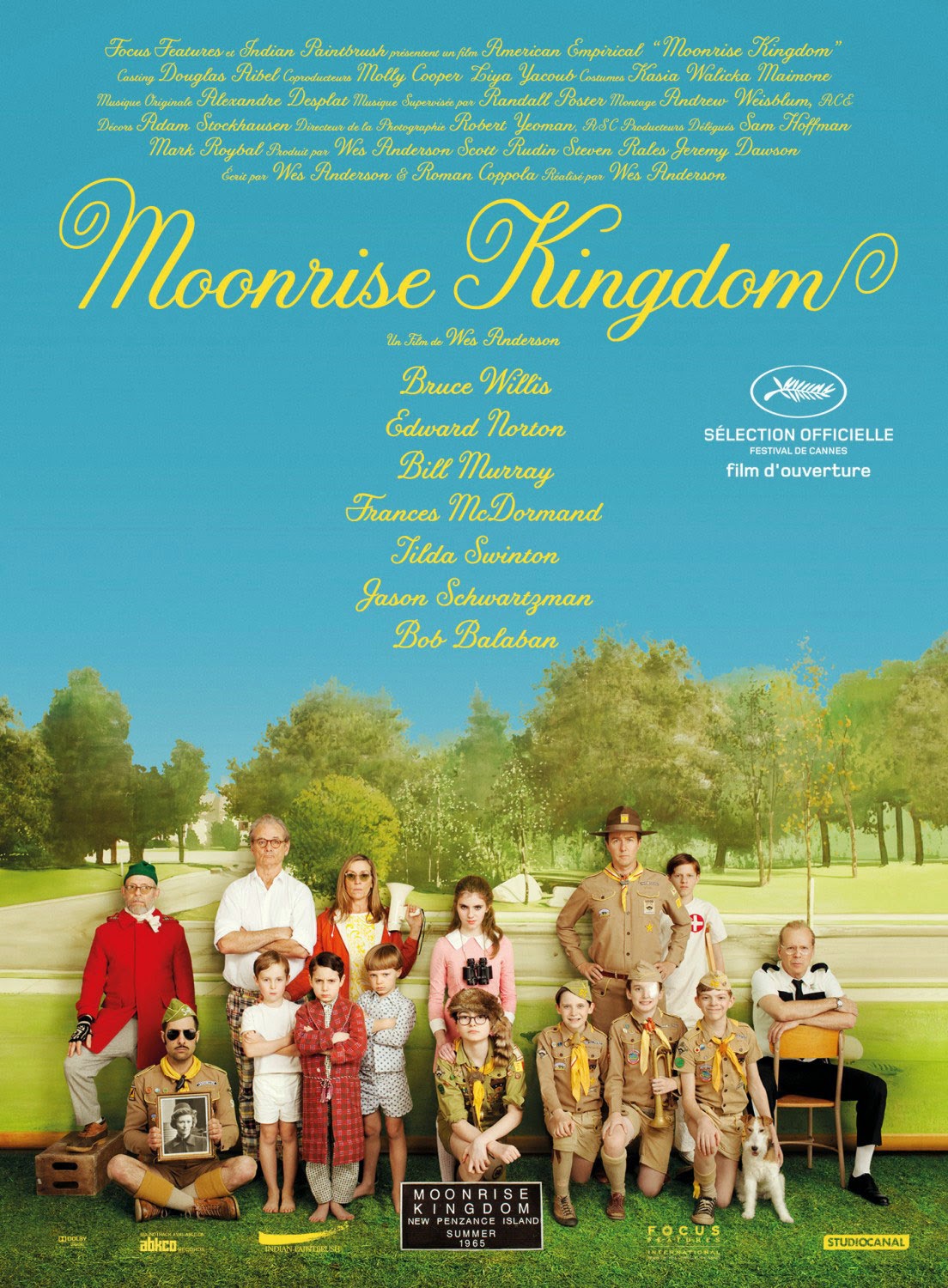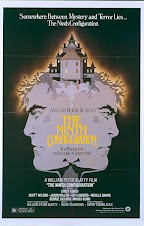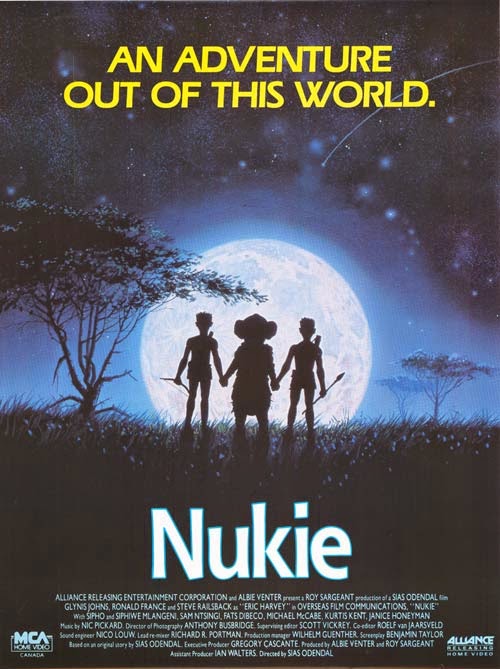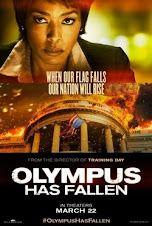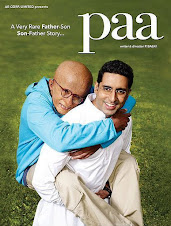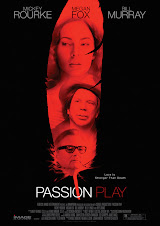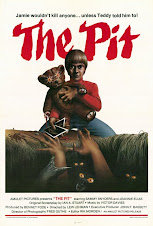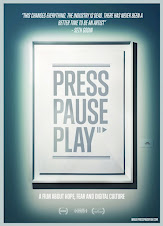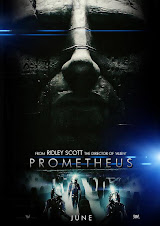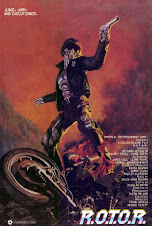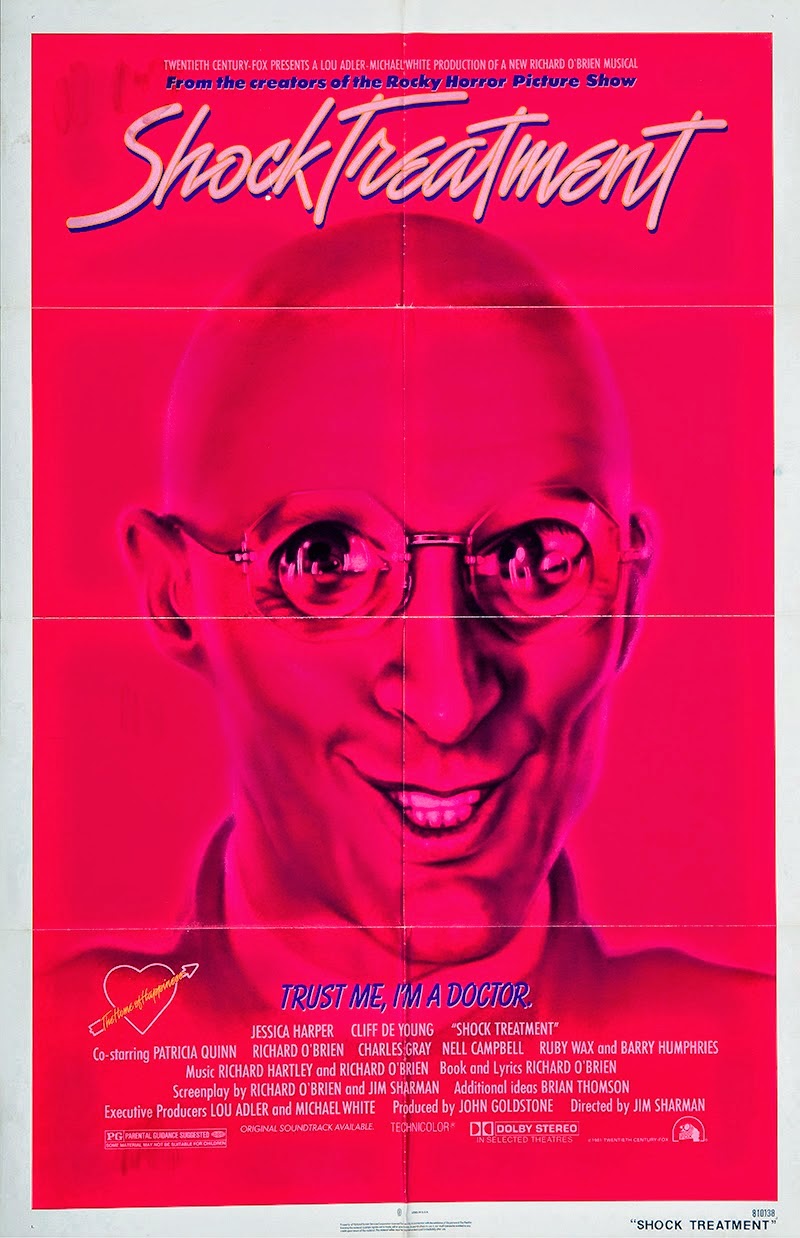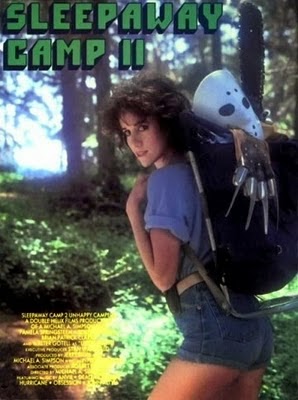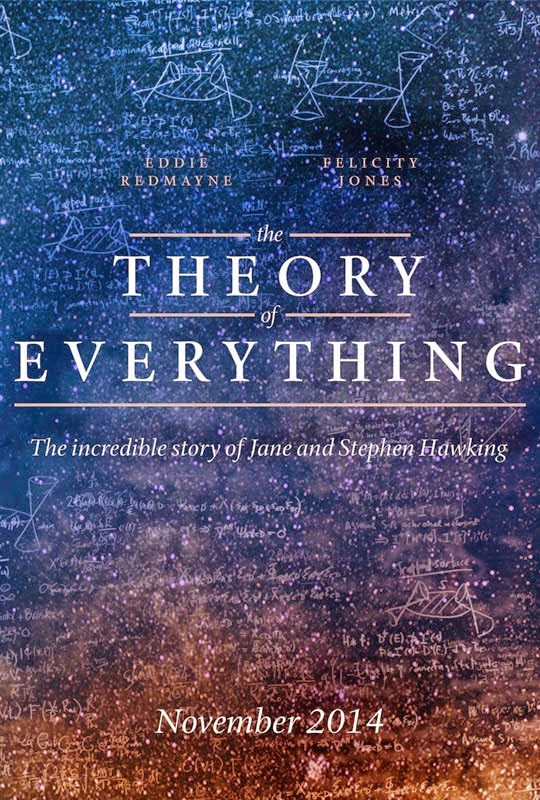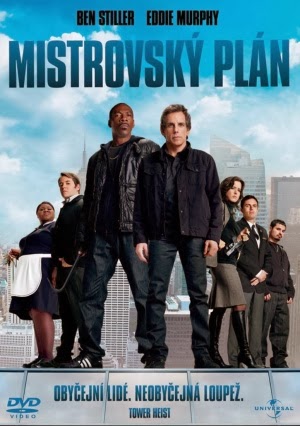As great as Eddie Redmayne was as Stephen Hawking in “The Theory of Everything,” he is absolutely as grating and annoying in “Jupiter Ascending,” the new film directed by Andy and Lana Wachowski. The film is not grating and annoying, thankfully. There are enough good moments and elements in the film to make it worth watching, despite the influx of dull action scenes that every director and writer of sci-fi films seems to think is necessary. Perhaps it is the studios that demand such scenes of things blowing up, running into buildings, flying around, etc. All such scenes in “Jupiter Ascending” could have been shortened and the film cut by twenty minutes and this would have been a much tighter, more interesting movie. The action scenes took me out of the film and left me cold, as is often the case in such films.
Mila Kunis is good as Jupiter Jones, the young woman from Earth who (I’m going to screw this up, so I’m just telling you right now) is the “mother” of a far-away planet, a planet whose inhabitants rely on a substance into which they skinny dip to remain young. That is simplifying the plot, but while watching the film I was more interested in particular moments than with the story as a whole. Again, if the film had been about twenty minutes shorter, I may have been more into it.
Jupiter is whisked away to…..yeah, Jupiter…..with Caine Wise (Channing Tatum), a genetically engineered soldier who she, of course, falls in love with. This set of circumstances makes the film feel like book one of yet another young adult book series, however, “Jupiter Ascending” is an original screenplay and not based on a book or a book series. The film is just “adult” enough to not completely feel like a story written for 14-year old girls, however, Jupiter and Caine fall in love waaaay to quickly and they have no chemistry whatsoever to make such a thing believable. Tatum is fine as Caine Wise, but not nearly as effective as he was in “Foxcatcher.”
It was pleasant to see Sean Bean (Ned Stark from “Game of Thrones”) as Stinger Apini. He has an origin having to do with bees. He lives in a house with a bunch of bee hives inside and outside of his dwelling. Eddie Redmayne plays Balem Abrasax, a ruthless tyrant who lives on Jupiter and is trying to infiltrate Jupiter and Caine’s plan. Balem is a master infiltrator. He also has the most annoying speech pattern of any character in recent film history. This is not necessarily Redmayne’s fault but, more likely, is a function of the script. Redmayne plays Balem like a 4th string Benedict Cumberbatch or, if you like, a very, very, very, very tired and ill Benedict Cumberbatch. Then, occasionally, he would yell something out when he was mad. For example, some his dialogue would go as follows:
“You must find this young woman……..she is what we need…….(in a low, sickly sounding voice). SO GO GET HER!!!!!!!!!!!!!”
There is nothing good about Redmayne’s performance or the direction of his performance.
I had an issue with the bath of youth. One female character who is said to be in her 40’s wants to enter the bath of youth so she will regain her youth. Said character looks much more appealing as a 40-ish woman than after she exits the bath of youth. She already looked hot! She didn’t need a bath.
I enjoyed the fact that “Jupiter Ascending” had some very interesting set pieces and some definitively Wachowski moments, reminiscent of their outstanding 2013 film, “Cloud Atlas.” That film, though, even at just a bit under 3 hours, was much tighter and flowed much better than the film discussed here. About halfway through, “Jupiter Ascending” turns into Terry Gilliam’s “Brazil” for about five minutes as Jupiter has to become a registered citizen and has to go to a variety of government offices. This section of the film feels very much like “Brazil,” which was fine with me because I like that film and the characters in this section are the most interesting ones we see, albeit for not very long.
“Jupiter Ascending” is an ok movie, but not as great as it could have been if not infiltrated by too many boring action scenes and a dull romance shoehorned into the story. Unfortunately, it does not ascend very high.
Monday, February 9, 2015
Tuesday, February 3, 2015
A Few Things About Things
When I decided to watch the 1989 shot-on-video horror movie, "Things, I had a good idea of what I was getting into. After the 84 minutes I spent watching it, I feel confident in saying that, if you are of the right mindset, you will have a good idea with this movie. Barry J. Gillis stars, kind of, as Don Drake, a guy who ends up in a friend's house with two of his buddies, somewhere in Canada, or is it supposed to be New Jersey? It doesn't matter.
In this house are creatures, things, as it were, that crawl around and seem to inhabit other people's bodies. This makes the guys go insane and makes one guy have to go shirtless after having blood sprayed on him. It's difficult to sit here and describe the plot because that is not what "Things," or any other movie like it is about. It is about enjoying the experience of watching a really crappy movie just for the hell of it and enjoying the way in which it is poorly made, poorly looped, poorly edited, to such an extreme that you will experience very few dull moments. I know not everybody is that enamored with such cinematic failure, but I am. As such, I enjoyed "Things" as a sincerely made effort made by a group of guys in Canada who somehow convinced porn actress, Amber Lynn, to appear in a few scenes as a news anchor whose teleprompter is off to the side somewhere.
Mayhem ensues soon enough, bad looping happens, the camera points above the actor's heads a few times, ugly crawling bug-like things show up, Amber Lynn's big 80's hair is on display, crazy music happens, all in just 84 minutes. I'll take it. "Things" appears to be shot on film then transferred to video for the then booming home video market. If only the "Things" movie tie-in novel would end up on Ebay.
In this house are creatures, things, as it were, that crawl around and seem to inhabit other people's bodies. This makes the guys go insane and makes one guy have to go shirtless after having blood sprayed on him. It's difficult to sit here and describe the plot because that is not what "Things," or any other movie like it is about. It is about enjoying the experience of watching a really crappy movie just for the hell of it and enjoying the way in which it is poorly made, poorly looped, poorly edited, to such an extreme that you will experience very few dull moments. I know not everybody is that enamored with such cinematic failure, but I am. As such, I enjoyed "Things" as a sincerely made effort made by a group of guys in Canada who somehow convinced porn actress, Amber Lynn, to appear in a few scenes as a news anchor whose teleprompter is off to the side somewhere.
Mayhem ensues soon enough, bad looping happens, the camera points above the actor's heads a few times, ugly crawling bug-like things show up, Amber Lynn's big 80's hair is on display, crazy music happens, all in just 84 minutes. I'll take it. "Things" appears to be shot on film then transferred to video for the then booming home video market. If only the "Things" movie tie-in novel would end up on Ebay.
The Imitation Game
There were a handful of films I saw in 2014, the stories of which I did not know completely before having seen the film. Two such films were Tim Burton's "Big Eyes" and the film about Stephen Hawking, "The Theory of Everything." Another film, the story of which I was almost completely unfamiliar, was "The Imitation Game," the story of mathematician, Alan Turing, the creator of essentially the first computer. Said computer was used to detect Nazi war ships during World War II. Benedict Cumberbatch ("Sherlock," "Star Trek Into Darkness," "August: Osage County") delivers a fantastic performance as Turing. Keira Knightley provides a standout performance as Joan Clarke, one of Turing's colleagues, charged with creating anything that can provide the Allies an advantage during the war.
The mutual admiration between Turing and Clarke is evident, admiration as colleagues. Knightly plays Clarke as being aware of Turing sexuality, perhaps not at first, but eventually she seems to be aware that Turing is gay.
I appreciated the fact that Turing's sexuality was not used against him as far as the script goes. I never found myself thinking much about it except for the few scenes throughout the film which take place in the 1950's and during a fantastic, emotional powerhouse of an ending to the film. Turing's accomplishments, in the film, are not overshadowed by his sexuality, nor should they be. I found myself learning a lot about Turing's accomplishments and the implications of his accomplishments to the British war effort. I suppose I should be more aware of Turing's work, however, since I was not, I feel my ignorance was to my advantage as events unfolded in the film. This is one of the very few times in my life my ignorance has worked to my advantage. The conclusion of the film angered me immensely, but in a good way, the way a well-written, well-paced film will make me react if such a reaction is dictated by the script or the story. The always welcome, Charles Dance, who you may recognize as Tywin Lannister from "Game of Thrones" and from the amazingly dull 2013 "Patrick," remake (I'll excuse that one--by the way, the original "Patrick" from 1978, directed by Richard Franklin is a great horror film) is very good as Commander Denniston, the man in charge of Turing and his cohorts charged with creating sometime to infiltrate the Nazis.
"The Imitation Game" is an exceptionaly well-crafted film without a bit of false emotion or forced sentimentality. All the emotions I felt throughout the course of the film were a result of the performances, directed by Norweigan filmmaker, Morten Tyldum and the taut script by Graham Moore, his first feature-length screenplay credit. Well done, sir! The film is well deserving of its Best Picture nomination during the 2014 Oscars. It, and the other seven nominees, will likely be defeated by "Boyhood," however, when it is released on Netflix, Redbox, and streaming, I highly recommended you take a look at "The Imitation Game."
I appreciated the fact that Turing's sexuality was not used against him as far as the script goes. I never found myself thinking much about it except for the few scenes throughout the film which take place in the 1950's and during a fantastic, emotional powerhouse of an ending to the film. Turing's accomplishments, in the film, are not overshadowed by his sexuality, nor should they be. I found myself learning a lot about Turing's accomplishments and the implications of his accomplishments to the British war effort. I suppose I should be more aware of Turing's work, however, since I was not, I feel my ignorance was to my advantage as events unfolded in the film. This is one of the very few times in my life my ignorance has worked to my advantage. The conclusion of the film angered me immensely, but in a good way, the way a well-written, well-paced film will make me react if such a reaction is dictated by the script or the story. The always welcome, Charles Dance, who you may recognize as Tywin Lannister from "Game of Thrones" and from the amazingly dull 2013 "Patrick," remake (I'll excuse that one--by the way, the original "Patrick" from 1978, directed by Richard Franklin is a great horror film) is very good as Commander Denniston, the man in charge of Turing and his cohorts charged with creating sometime to infiltrate the Nazis.
"The Imitation Game" is an exceptionaly well-crafted film without a bit of false emotion or forced sentimentality. All the emotions I felt throughout the course of the film were a result of the performances, directed by Norweigan filmmaker, Morten Tyldum and the taut script by Graham Moore, his first feature-length screenplay credit. Well done, sir! The film is well deserving of its Best Picture nomination during the 2014 Oscars. It, and the other seven nominees, will likely be defeated by "Boyhood," however, when it is released on Netflix, Redbox, and streaming, I highly recommended you take a look at "The Imitation Game."
Monday, November 17, 2014
A Brief Review of a Movie
This is the first year that I have considered the fact that my favorite male lead performance of 2014 is not necessarily the best male lead performance of 2014. There are many more films to be released in 2014 yet including most of the "Oscar bait," however, so far, my favorite performance is by J. K. Simmons as the angry, ruthlessly vulgar bandleader in "Whiplash."
Eddie Redmayne, though, as Stephen Hawking, in "The Theory of Everything," surpasses Simmons as far as making me forget that I was watching an actor's portrayal. As Stephen Hawking, Redmayne flawlessly invokes all of the physical decline of Hawking while still invoking Hawking's sense of humor and early anger about his motor neuron disease which rendered him unable to speak and walk at a very early age. The joy of watching director James Marsh's film, based on Jane Hawking's book, "Travelling to Infinity: My Life With Stephen Hawking," is watching Hawking and his young wife continue to pursue his theories, not allowing his illness to impede his intellectual progress. This easily sounds like the plot of one of those 1970's and 80's "Disease of the Week" made-for-tv movies, as Siskel and Ebert would refer to them, however, "The Theory of Everything" excels not only with the performance of Redmayne, but also with a finely tuned deftness in storytelling. One of many aspects of the film I enjoyed was the fact that, before any instrument was developed to assist Hawking in communicating, no character in the film that I can remember, utters any words expressing doubt that Hawking could continue on with his work, despite the fact that he could no longer walk or speak easily. It is as if he did not have a malady of any kind. His brilliance and his steadfastness overtook how he looked in the minds of his colleagues. I also appreciated the fact the the film does not ignore the fact that, despite his illness and declining condition, Hawking is still a sexual creature as are we all. As he states in the film with a wonderfully wry smile when asked by one of his college friends if he still can function, "It's a different system."
Felicity Jones is fantastic as Jane Hawking, a character I admired because of her desire to stay with Stephen even though they met and married before his illness established itself. She knew the healthy Stephen Hawking and remained married to and supported and cared for him for many years following their marriage.
Their marriage ended in divorce after 30 years, however, one may surmise in the film that it was not an easy decision for either party. The scene in the couple's bedroom during which the subject of their separation is broached is very well done and displays the awkwardness and difficulty of ending an established relationship, something of which, in the best of circumstances, is always difficult to explain to outside parties and cannot be easily summed up or capsulized. This is part of the depth of this film. It is not simply a tour of the life of Stephen Hawking and his achievements, but it is a deeply emotional journey we take (yes, that's a cliche--sorry) with these two characters. While the film is more of an "English major" movie than a "Physics major" movie, meaning that more focus is on his relationship with his wife than on his achievements in physics, there is enough time devoted to his work in physics to satisfy me.
"The Theory of Everything" is a powerful, emotionally involving film, yet not at all sappy. The emotions emoted by the actors in the film are genuine. The performances are outstanding. The script is well-paced and never gets bogged down in one thing or another. Marsh, whose documentaries, the vastly overrated "Man on Wire" and "Project Nim" were both annoying and frustrating in their lack of subtlety, creates a film here which is a remarkable achievement in subtlety in filmmaking. "The Theory of Everything" was the cinematic equivalent of somebody I could get along with very easily--subtle, intelligent, funny at times, and honest. If you have some time, I recommend you see this wonderful film.
Eddie Redmayne, though, as Stephen Hawking, in "The Theory of Everything," surpasses Simmons as far as making me forget that I was watching an actor's portrayal. As Stephen Hawking, Redmayne flawlessly invokes all of the physical decline of Hawking while still invoking Hawking's sense of humor and early anger about his motor neuron disease which rendered him unable to speak and walk at a very early age. The joy of watching director James Marsh's film, based on Jane Hawking's book, "Travelling to Infinity: My Life With Stephen Hawking," is watching Hawking and his young wife continue to pursue his theories, not allowing his illness to impede his intellectual progress. This easily sounds like the plot of one of those 1970's and 80's "Disease of the Week" made-for-tv movies, as Siskel and Ebert would refer to them, however, "The Theory of Everything" excels not only with the performance of Redmayne, but also with a finely tuned deftness in storytelling. One of many aspects of the film I enjoyed was the fact that, before any instrument was developed to assist Hawking in communicating, no character in the film that I can remember, utters any words expressing doubt that Hawking could continue on with his work, despite the fact that he could no longer walk or speak easily. It is as if he did not have a malady of any kind. His brilliance and his steadfastness overtook how he looked in the minds of his colleagues. I also appreciated the fact the the film does not ignore the fact that, despite his illness and declining condition, Hawking is still a sexual creature as are we all. As he states in the film with a wonderfully wry smile when asked by one of his college friends if he still can function, "It's a different system."
Felicity Jones is fantastic as Jane Hawking, a character I admired because of her desire to stay with Stephen even though they met and married before his illness established itself. She knew the healthy Stephen Hawking and remained married to and supported and cared for him for many years following their marriage.
Their marriage ended in divorce after 30 years, however, one may surmise in the film that it was not an easy decision for either party. The scene in the couple's bedroom during which the subject of their separation is broached is very well done and displays the awkwardness and difficulty of ending an established relationship, something of which, in the best of circumstances, is always difficult to explain to outside parties and cannot be easily summed up or capsulized. This is part of the depth of this film. It is not simply a tour of the life of Stephen Hawking and his achievements, but it is a deeply emotional journey we take (yes, that's a cliche--sorry) with these two characters. While the film is more of an "English major" movie than a "Physics major" movie, meaning that more focus is on his relationship with his wife than on his achievements in physics, there is enough time devoted to his work in physics to satisfy me.
"The Theory of Everything" is a powerful, emotionally involving film, yet not at all sappy. The emotions emoted by the actors in the film are genuine. The performances are outstanding. The script is well-paced and never gets bogged down in one thing or another. Marsh, whose documentaries, the vastly overrated "Man on Wire" and "Project Nim" were both annoying and frustrating in their lack of subtlety, creates a film here which is a remarkable achievement in subtlety in filmmaking. "The Theory of Everything" was the cinematic equivalent of somebody I could get along with very easily--subtle, intelligent, funny at times, and honest. If you have some time, I recommend you see this wonderful film.
Tuesday, November 11, 2014
Big Hero 6: Endgame
I was not expecting to like "Big Hero 6" as much as I did. The prospect of eating pancakes during the 9:00 AM showing of this film during its opening weekend was much more exciting than seeing the film, which looked interesting from the trailer, but, as I have not had much luck enjoying Disney animated films in the past, I was not expecting much. I am not a huge fan of animation, especially Disney animated films, as they rarely spark any emotional response from me and leave me cold. Not only did I enjoy the pancakes at the movie grill I attended, but I also enjoyed the film.
Hiro is a young man who loses his big brother, Tadashi, in a fire at a center at which Tadashi is participating in a robotics competition. Tadashi has created a medical companion robot called Baymax. Baymax is the primary reason to see "Big Hero 6." Baymax is a very funny character and a character full of life, to use a tired cliche. It helps that the film is genuinely funny and very sweet without being sappy, nor does it revert to childish humor or humor dependent on a knowledge of current pop culture, a trend that recent animated films seemed to have fallen back on in the past few years. "Big Hero 6" does not try too hard to be funny, and for that, I am pleased. Perhaps my enjoyment of Baymax, and therefore my enjoyment of the film was due to the fact that Baymax was not an animated representation of a human being. Animated representations of people, with few exceptions as in the great 1987 Japanese animated film, "Grave of the Fireflies," do not generate any emotional involvement in me. Baymax, rather, was a robot, something to which, in a live-action movie, one would not expect to develop a strong emotional response. In the case of "Big Hero 6," Baymax is the reason to see the movie as I developed an appreciation for Baymax and the emotional ties he represented to Hiro.
After the death of his big brother, Hiro, like his brother, a whiz at robotics and things technological, begins again the development of Baymax. Conflict arises when an evil businessman wants Baymax for his own and Hiro and a group of friends have to keep Baymax from being stolen away from them. There were enough funny moments involving Baymax to keep me engaged and laughing. Towards the end, the film does get a bit too "action-y" as Hiro and his group of friends battle to save Baymax from clutches of evil. The film has a satisfying ending and along the way, delivers a very nice nod to a famous person you will probably know. What I suspect made me enjoy "Big Hero 6" more than the average lifeforce-draining Disney animated movie is that it is a collaboration between Disney and Marvel as "Big Hero 6" is a Marvel property and Disney owns Marvel Entertainment. Perhaps there was some "Marvel-ization" of the script as most films based on Marvel characters tend to include some witty dialogue and humorous situations. Aside from this, the film creates some genuinely touching moments between Hiro and Baymax and between Hiro and Tadashi early in the film. Give it a shot and I think most will enjoy this fun and, unexpectedly for me, emotionally-involving animated film.
Hiro is a young man who loses his big brother, Tadashi, in a fire at a center at which Tadashi is participating in a robotics competition. Tadashi has created a medical companion robot called Baymax. Baymax is the primary reason to see "Big Hero 6." Baymax is a very funny character and a character full of life, to use a tired cliche. It helps that the film is genuinely funny and very sweet without being sappy, nor does it revert to childish humor or humor dependent on a knowledge of current pop culture, a trend that recent animated films seemed to have fallen back on in the past few years. "Big Hero 6" does not try too hard to be funny, and for that, I am pleased. Perhaps my enjoyment of Baymax, and therefore my enjoyment of the film was due to the fact that Baymax was not an animated representation of a human being. Animated representations of people, with few exceptions as in the great 1987 Japanese animated film, "Grave of the Fireflies," do not generate any emotional involvement in me. Baymax, rather, was a robot, something to which, in a live-action movie, one would not expect to develop a strong emotional response. In the case of "Big Hero 6," Baymax is the reason to see the movie as I developed an appreciation for Baymax and the emotional ties he represented to Hiro.
After the death of his big brother, Hiro, like his brother, a whiz at robotics and things technological, begins again the development of Baymax. Conflict arises when an evil businessman wants Baymax for his own and Hiro and a group of friends have to keep Baymax from being stolen away from them. There were enough funny moments involving Baymax to keep me engaged and laughing. Towards the end, the film does get a bit too "action-y" as Hiro and his group of friends battle to save Baymax from clutches of evil. The film has a satisfying ending and along the way, delivers a very nice nod to a famous person you will probably know. What I suspect made me enjoy "Big Hero 6" more than the average lifeforce-draining Disney animated movie is that it is a collaboration between Disney and Marvel as "Big Hero 6" is a Marvel property and Disney owns Marvel Entertainment. Perhaps there was some "Marvel-ization" of the script as most films based on Marvel characters tend to include some witty dialogue and humorous situations. Aside from this, the film creates some genuinely touching moments between Hiro and Baymax and between Hiro and Tadashi early in the film. Give it a shot and I think most will enjoy this fun and, unexpectedly for me, emotionally-involving animated film.
I Had a Pin-terest In This Movie
I had not heard of the 1988 horror film, "Pin," until I read one of those "14 Most Whatever Things That Will Make You Eat Cabbage and Want to Ride a Horse. Really, It's Actually That Awesome. Just Wait Until the Man Starts Singing. It Will Make Your Shoes Fly Off Your Head"-esque posts on Facebook. The list had something to do with 20 "Weird" Movies That You May Not Know. Indeed, I did not know about "Pin."
Based on the description of the film, I located a dvd of "Pin," and enjoyed what I saw.
"Pin" is written and directed by Sandor Stern who, previous to directing this film, wrote the screenplays of "Fast Break," the basketball movie starring Gabe Kaplan and the 1979 version of "The Amityville Horror." Prior to "Pin," he directed the pilot episode of the CBS tv series, "Cutter to Houston," and the tv movie, "John and Yoko: A Love Story," among other credits. Since "Pin," Stern has written and directed a menagerie of horror films, none of which have I seen. I have seen "Fast Break." I remember it appearing on the CBS Sunday Night, or possibly, Tuesday Night movie in the early 80's.
The story of "Pin" revolves around a doctor (the always interesting to watch Terry O'Quinn, who you may know from the very good film, "The Stepfather" and the tv show, "Lost," not the classic Al Adamson kid's film from 1981, which has been criminally removed from Netflix instant streaming) who uses a life-size human body model, which he names Pin, in his office, presumably to point out various ailments of his patients, but also serves as a parental reinforcement. Pin speaks, telepathically, to the children of the doctor and to the doctor. Pin is a member of the family, even though it is a medical tool. Yes, we have entered the fun world of the strange, bizarre, and unique in the world of cinema. Events happen which I will not give away. Pin continues to "live" with the brother and sister, Ursula and Leon (Cynthia Preston and David Hewlett) into their college years. Ursula understands that Pin is not a person, however, Leon has trouble comprehending this fact and treats Pin as a member of the family. Hilarity ensues and disturbing things occur involving Pin, Ursula and Leon and Bob and Carol, and Ted and Alice.
"Pin" had enough strangeness going on to keep me interested throughout. The performances by Preston and Hewlett are well done also. They both do a nice job of acting with a human body model and with each other, interpreting the uncomfortable dynamic between Ursula and her slightly off brother. Presumeably, there is a "Pinocchio" motif at work in the film, however, it seems to be hidden well and rarely referenced in the script. This is fine, as "Pin" works very well as simply the story of siblings and the weird presence of this "Pin" in their lives. I think you should pin it to your list of obscure, unique films to seek out and watch.
"Pin" had enough strangeness going on to keep me interested throughout. The performances by Preston and Hewlett are well done also. They both do a nice job of acting with a human body model and with each other, interpreting the uncomfortable dynamic between Ursula and her slightly off brother. Presumeably, there is a "Pinocchio" motif at work in the film, however, it seems to be hidden well and rarely referenced in the script. This is fine, as "Pin" works very well as simply the story of siblings and the weird presence of this "Pin" in their lives. I think you should pin it to your list of obscure, unique films to seek out and watch.
Monday, November 10, 2014
Whiplash Delivers Quite a Jolt
When reading this, please kind in mind that this is being written without the benefit of reading glasses. The fun of watching "Whiplash" comes from watching the dynamic performance of J. K. Simmons as Professor Kingsfield from "The Paper Chase" times fourteen. In "The Paper Chase," the film and the tv series, John Houseman's Professor Kingsfield, is a bit of a stone-cold teacher who does not tolerate incorrect answers due to lack of preparation on the part of his students and will scold his students in front of God and Kirk Cameron. In "Whiplash," Terence Fletcher, the bandleader/drumming instructor played by J.K. Simmons is a vulgar, unhappy asshole, but a fun asshole to watch. Fletcher would even tell you that he is a vulgar asshole. Simmons' performance is a lot of fun to watch, even as Fletcher yells obscenities at his students and brings some of them to tears with his insults. I understand that this is not some people's idea of entertainment, but I loved it.
Flether's goal is to make his players at the Shaffer Conservatory the best they can be, not a surprise in a film about drumming and the drive to make oneself as great as possible. Miles Teller is very good as Miles Nayman, the student Fletcher hears drumming in a practice room one morning and invites to try out for the school jazz band. "Whiplash" is the kind of film that demonstrates how I enjoy individual performances more than the overallness (I know that's not really a word) of any given film. Simmons is so charismatic and funny as he breaks down the young musicians he is trying to improve. Fletcher seeks perfection in them, not only for the students, but also for his reputation as an outstanding jazz conductor.
Another attribute of "Whiplash" are the absolutely energy filled, stirring jazz/drum performances that are featured throughout the film, including a fantastic ten or so minute finale. This film has a perfect ending, not simply as in I liked how the story ends (which I did), but in this case I mean that, technically and aesthetically, I love how the film concludes.
The only issue I have with the film is that I do not think that Fletcher would be able to get away with 95% of what he does and says in the film in our modern world of social media and lawsuits. Eventually a student would have recorded him verbally abusing somebody and posted it on You Tube. This is a certainty. This would seem to be a fairly large problem at the core of the film, the plausibility of any of this even having a chance of occurring, however, that doubtlessly being the case, the performance by Simmons and the powerful drama set forth by the intelligent script by Damien Chazelle, who also directs the film, made me learn to stop worrying and love this movie.
Flether's goal is to make his players at the Shaffer Conservatory the best they can be, not a surprise in a film about drumming and the drive to make oneself as great as possible. Miles Teller is very good as Miles Nayman, the student Fletcher hears drumming in a practice room one morning and invites to try out for the school jazz band. "Whiplash" is the kind of film that demonstrates how I enjoy individual performances more than the overallness (I know that's not really a word) of any given film. Simmons is so charismatic and funny as he breaks down the young musicians he is trying to improve. Fletcher seeks perfection in them, not only for the students, but also for his reputation as an outstanding jazz conductor.
Another attribute of "Whiplash" are the absolutely energy filled, stirring jazz/drum performances that are featured throughout the film, including a fantastic ten or so minute finale. This film has a perfect ending, not simply as in I liked how the story ends (which I did), but in this case I mean that, technically and aesthetically, I love how the film concludes.
The only issue I have with the film is that I do not think that Fletcher would be able to get away with 95% of what he does and says in the film in our modern world of social media and lawsuits. Eventually a student would have recorded him verbally abusing somebody and posted it on You Tube. This is a certainty. This would seem to be a fairly large problem at the core of the film, the plausibility of any of this even having a chance of occurring, however, that doubtlessly being the case, the performance by Simmons and the powerful drama set forth by the intelligent script by Damien Chazelle, who also directs the film, made me learn to stop worrying and love this movie.
Subscribe to:
Posts (Atom)














